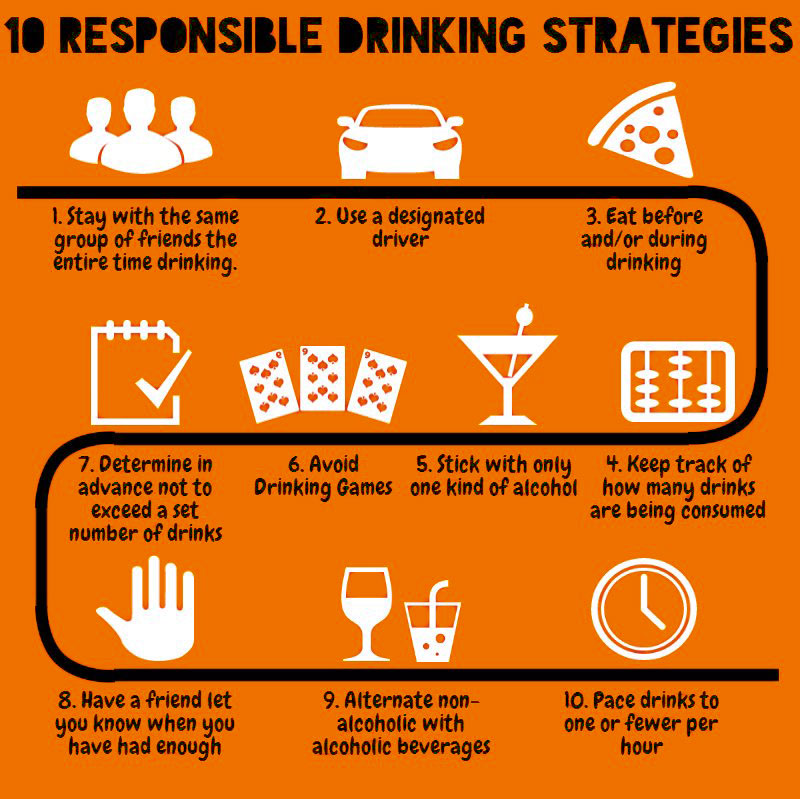Discover the fascinating science behind how our bodies process alcohol and why it leads to varying levels of intoxication.
Image courtesy of via Pexels
Table of Contents
Have you ever wondered how many beers it takes to get drunk? It’s a common question that many people have pondered at some point in their lives. Understanding the science behind alcohol metabolism and intoxication is crucial in making informed decisions about drinking responsibly. In this blog post, we will delve deep into the intricacies of alcohol metabolism, individual tolerance levels, and various factors that influence intoxication.
Understanding Alcohol Metabolism
Alcohol metabolism is a complex process that takes place in the liver. When we consume alcohol, enzymes in the liver break it down into acetaldehyde a toxic substance that is further metabolized into acetate by other enzymes. This acetate is then converted into carbon dioxide and water, which are eventually eliminated from the body.
The speed at which alcohol is metabolized can vary from person to person and can be influenced by factors such as genetics, liver health, and the presence of other substances in the body. It’s important to note that alcohol metabolism is a gradual process, and the rate at which it occurs can affect how quickly someone becomes intoxicated.
Individual Tolerance Levels
Alcohol tolerance refers to the body’s ability to process and handle alcohol. Some individuals may have a higher tolerance for alcohol, meaning they can consume more before feeling intoxicated, while others may be more sensitive to its effects. Factors that can influence an individual’s tolerance level include body weight, age, gender, and overall health.
It is widely recognized that men tend to have a higher tolerance for alcohol compared to women due to differences in body composition and enzyme activity. However, it’s important for everyone to be aware of their own limits and drink responsibly to avoid the risk of overconsumption and potential harm.
Factors Influencing Intoxication
Several factors can influence how quickly someone becomes intoxicated after consuming alcohol. Body weight plays a significant role, as a larger body mass can potentially dilute the effects of alcohol and slow down intoxication. Genetics also play a part, as some people may have genetic variations that affect how they metabolize alcohol.

Image courtesy of via Google Images
Other factors, such as food consumption, can impact the rate at which alcohol is absorbed into the bloodstream. Eating a meal before drinking can help slow down the absorption of alcohol and reduce the risk of becoming drunk too quickly. It’s important to pace yourself and be mindful of how much you are drinking to avoid overindulging and putting yourself at risk.
Conclusion
Understanding the science behind alcohol metabolism and intoxication is essential for making responsible choices when it comes to drinking alcohol. By being aware of the factors that influence intoxication, individuals can better gauge their own tolerance levels and practice moderation to avoid overconsumption.
Remember, it’s always important to drink responsibly, know your limits, and seek help if you or someone you know is struggling with alcohol consumption. By staying informed and mindful of your drinking habits, you can enjoy alcohol in a safe and responsible manner.
So, the next time you find yourself wondering how many beers it takes to get drunk, remember the science behind it and make sure to drink wisely.
FAQ
Question 1: How does alcohol metabolism differ between individuals?
Answer 1: Alcohol metabolism can vary based on genetics, liver health, and other factors. Some individuals may process alcohol faster than others, leading to differences in tolerance levels and intoxication rates.
Question 2: What role does body weight play in alcohol intoxication?
Answer 2: Body weight can influence intoxication as a larger body mass may dilute the effects of alcohol. However, tolerance levels and metabolic rate also play a crucial role in how alcohol affects individuals.
Question 3: How can genetics impact alcohol metabolism?
Answer 3: Genetic variations can affect the enzymes responsible for metabolizing alcohol, influencing how quickly or efficiently the body processes alcohol. This can result in differences in tolerance levels and susceptibility to intoxication.
Question 4: Why is it important to drink responsibly?
Answer 4: Drinking responsibly helps prevent overconsumption, reduces the risk of alcohol-related harm, and promotes safer drinking habits. Understanding alcohol metabolism and factors influencing intoxication can empower individuals to make informed decisions about their alcohol consumption.
Powered by Texta.ai Blog Automation
Leave a Reply